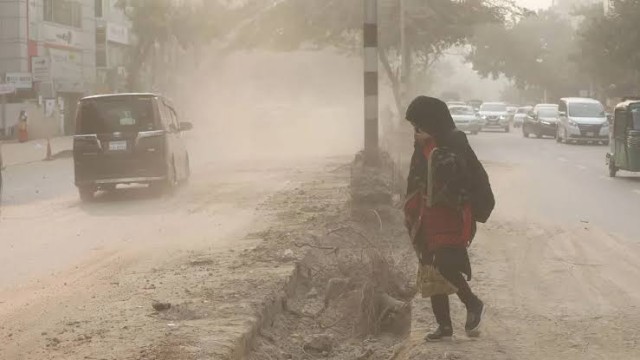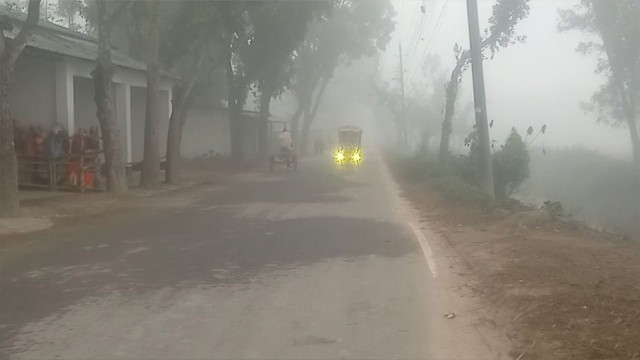Dhaka, the capital city of Bangladesh, has emerged as the city with the poorest air quality worldwide this morning, registering an alarming Air Quality Index (AQI) of 313 at 8:31 am on Thursday.
The air quality in Dhaka has been classified as "hazardous," according to the AQI, signaling severe health risks for residents. An AQI ranging from 301 and above is considered hazardous, posing significant threats to public health.
Cities in neighboring countries also grapple with deteriorating air quality, with India's Kolkata and Mumbai, Pakistan's Lahore, and Myanmar's Yangon following Dhaka closely, occupying the second, third, fourth, and fifth spots on the list. These cities recorded AQI scores of 225, 197, 191, and 173, respectively.
The AQI serves as a crucial indicator for assessing daily air quality, providing valuable insights into the cleanliness or pollution levels of a city's air and associated health implications for its inhabitants. In Bangladesh, the AQI is determined based on five key pollutants: particulate matter (PM10 and PM2.5), NO2, CO, SO2, and ozone.
Dhaka has long grappled with air pollution challenges, particularly exacerbated during the winter months, while experiencing some relief during the monsoon season.
The World Health Organization (WHO) underscores the gravity of air pollution as a global health concern, estimating that it claims the lives of approximately seven million individuals annually. The adverse health impacts linked to air pollution include increased mortality rates from stroke, heart disease, chronic obstructive pulmonary disease (COPD), lung cancer, and acute respiratory infections.
Efforts to address air pollution remain critical not only in Dhaka but also in cities worldwide to safeguard public health and mitigate the detrimental effects of pollution on communities.































Comment: